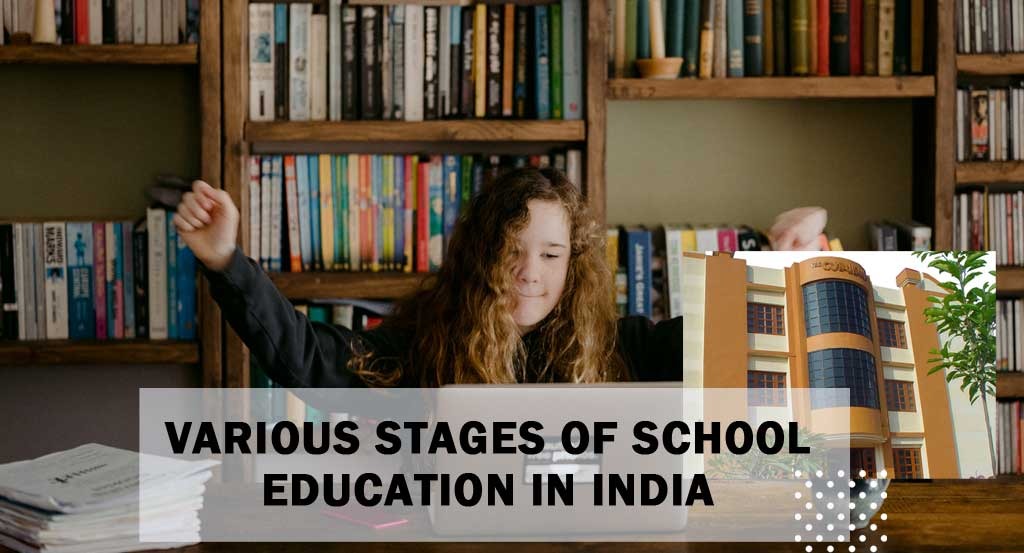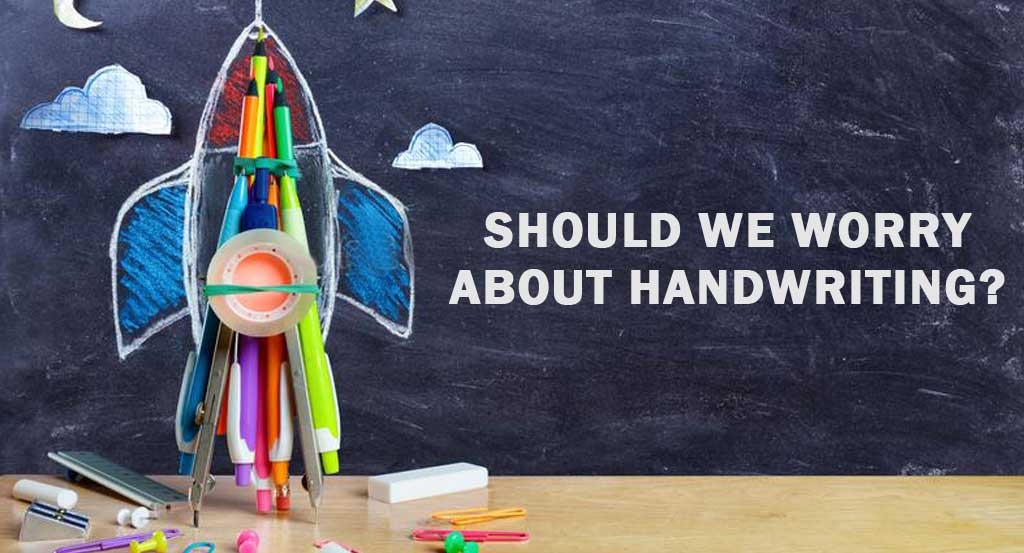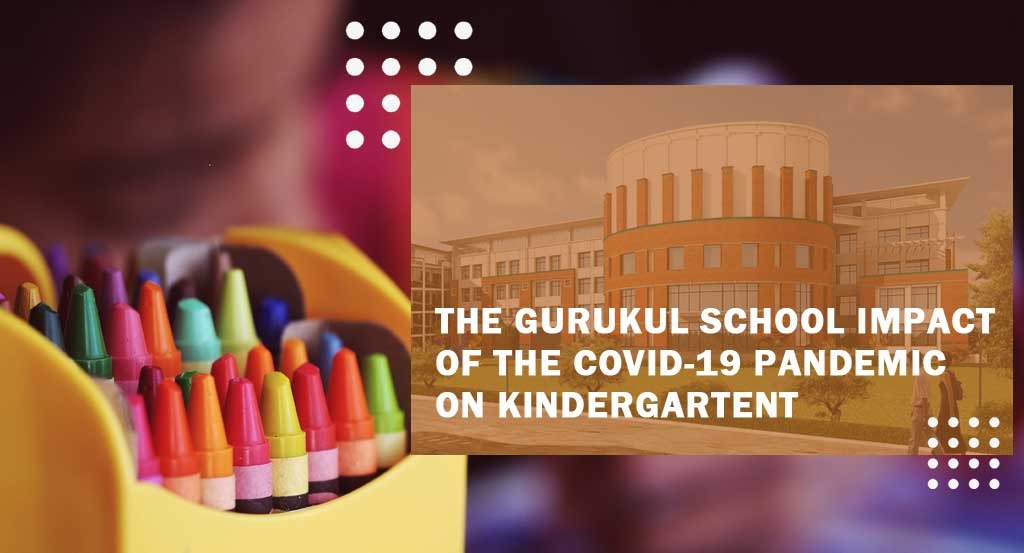
With changing times education has become as important as food in our daily lives. It ain’t a luxury or just a choice anymore, it is a necessity. It becomes highly crucial that we are well informed and educated before we finalize the school for our child. This blog will give you an overall perspective on school education in India.
In India, basically, school education is segregated into four groups:
Kindergarten: As the name suggests, it is the first step that a child takes when beginning his/her education. This step focuses more on making the child adept with the school environment. It helps the children to develop a habit of spending time away from their parents for 4 to 5 hours. It follows the proverb “all work and no play makes jack a dull boy.” In some schools, it is known as Montessori, while in most of the schools it is known as L.K.G (Lower Kindergarten) and U.K.G (Upper Kindergarten). It is based on activities that help in the cognitive abilities of the child, also helps in better functioning of motor and sensory receptors of the brain.
You can read also – 10 Ways Guardians can Help Children Adjust to High School
Primary School: In earlier days when Kindergarten importance was not known in India, the primary was the first stage of the school education system in India. Primary classes I to V i.e. classes one to five. This is followed in the majority of states of India. The curriculum followed in these classes is for making the students aware of the primary subjects like English, Maths, Science, Geography, Social Studies, etc. These subjects form the base for the future studies of the children. It also makes sure that the children have basic knowledge of the world we live in and are aware of the same.
Middle School: Classes VI to VII come under secondary education in the Indian education system. It elaborates and details the curriculum that was followed in the primary. It branches out the subjects, to begin with, basic streams that the students are going to choose in the secondary stage. Science segregates into Physics, Chemistry & Biology, Maths into Algebra and Arithmetic, Social Studies segregates into History, Civics, and Geography. It sets the founding stone and gives students the time to be comfortable with the subjects and curriculum they are going to follow in the upcoming classes. It is also a safe space for the students to develop an interest in the subjects that will be helpful for them to choose better in the future.
You can read also – Benefits of enrolling your child in a CBSE Board School in Panchkula
Secondary School: Classes IX and X are categorized as secondary school. This is the stage where the students give their first board exam. There are state boards and then there are two nationwide followed boards, CBSE and ICSE.
Senior Secondary: Classes XI and XII are categorized as senior secondary in the Indian education system. In this final stage, students have chosen their respective streams that will help in their higher education. It can be science, arts, commerce, etc. Class XII is the second board examination that the students of India take. Post senior secondary students register themselves for college i.e Undergraduate.
If you are looking for a good school for your child in Panchkula, Gurukul is the best place for you.
You can read also – How to Find the Best CBSE School in Panchkula?
Tags: good school for your child in Panchkula, kindergarten, Lower Kindergarten, Middle School, Primary School, School Education In India, secondary education, secondary school, Senior Secondary, senior secondary in the Indian, Upper Kindergarten
